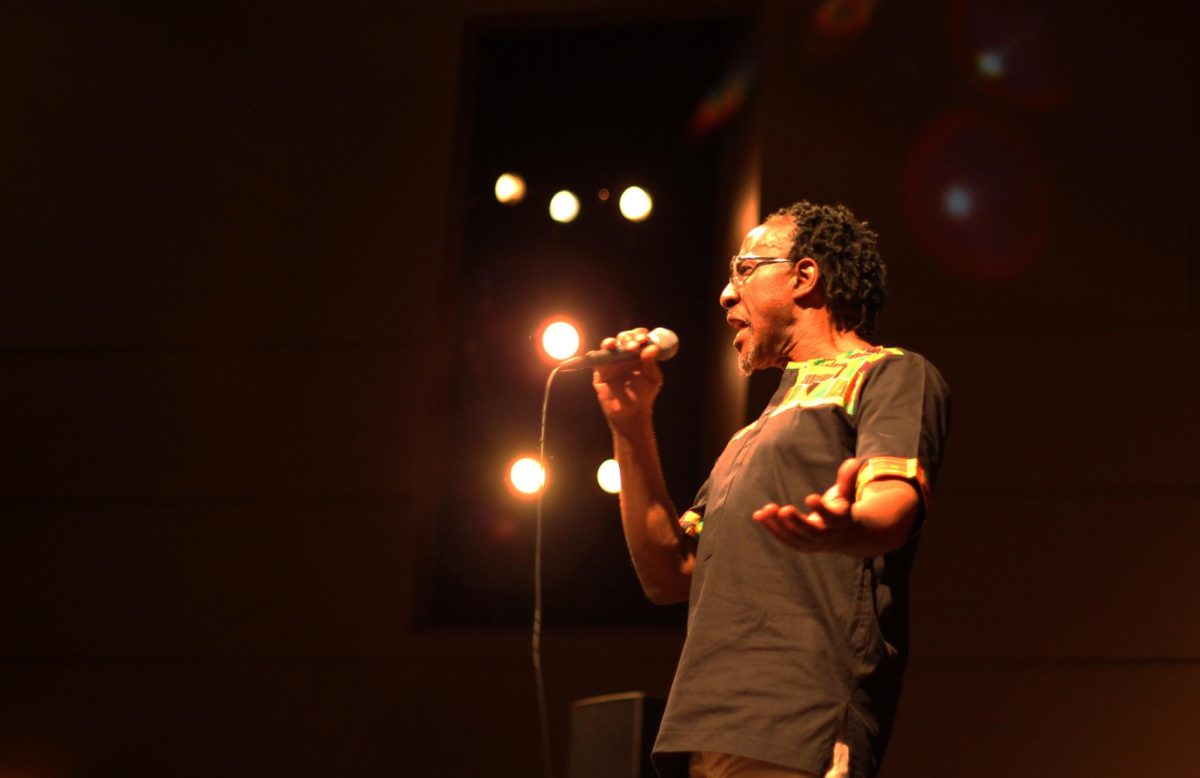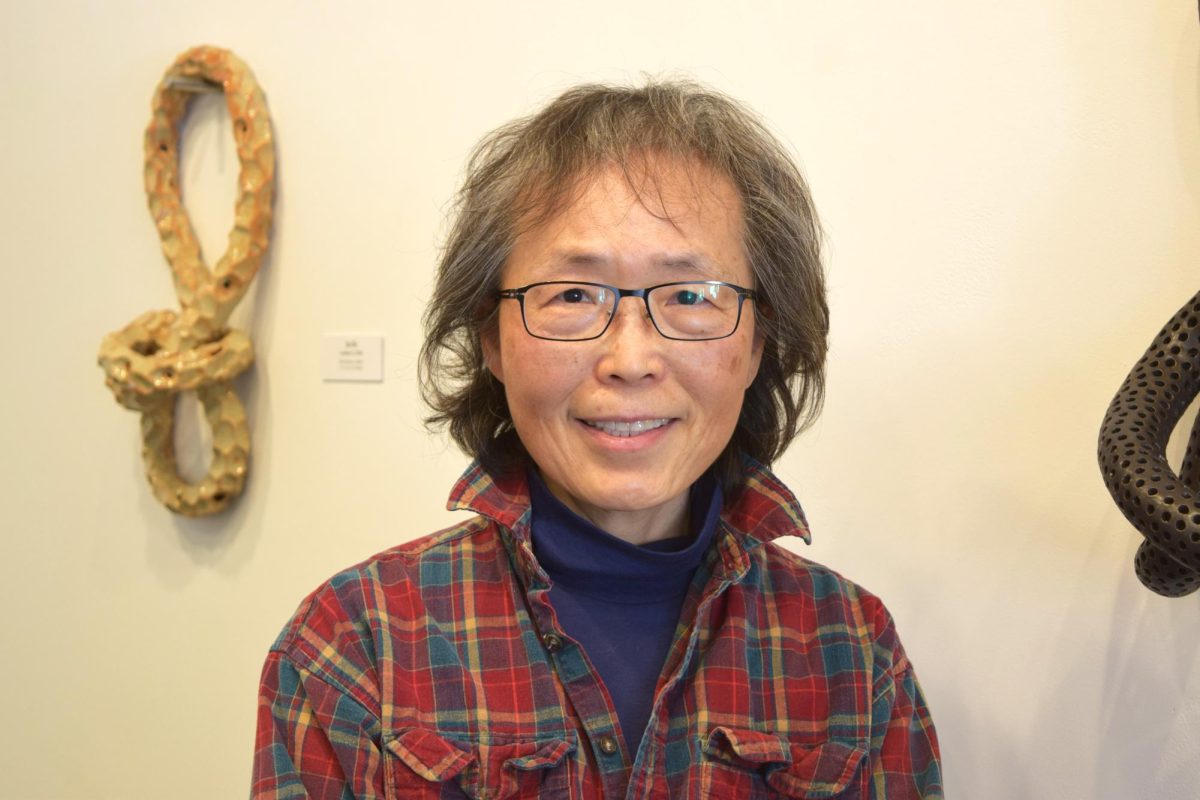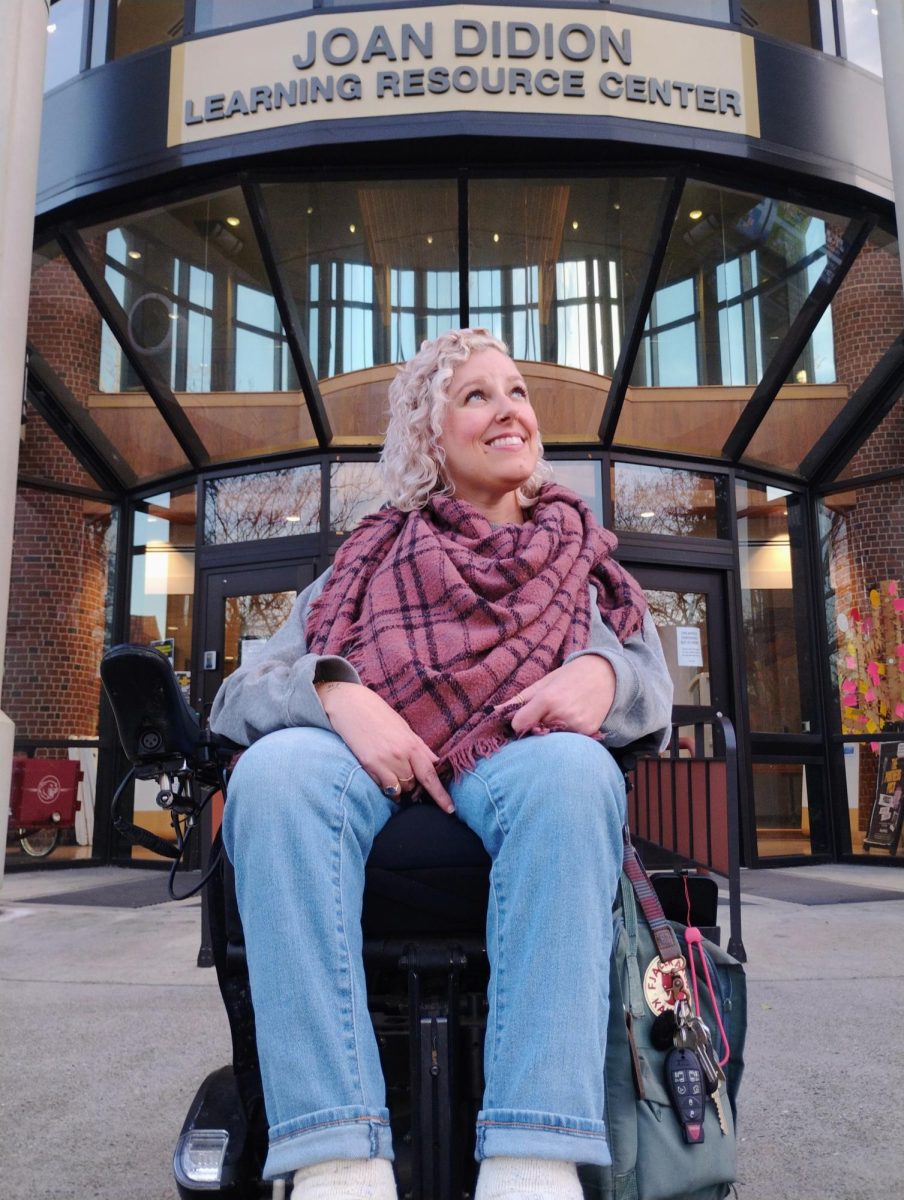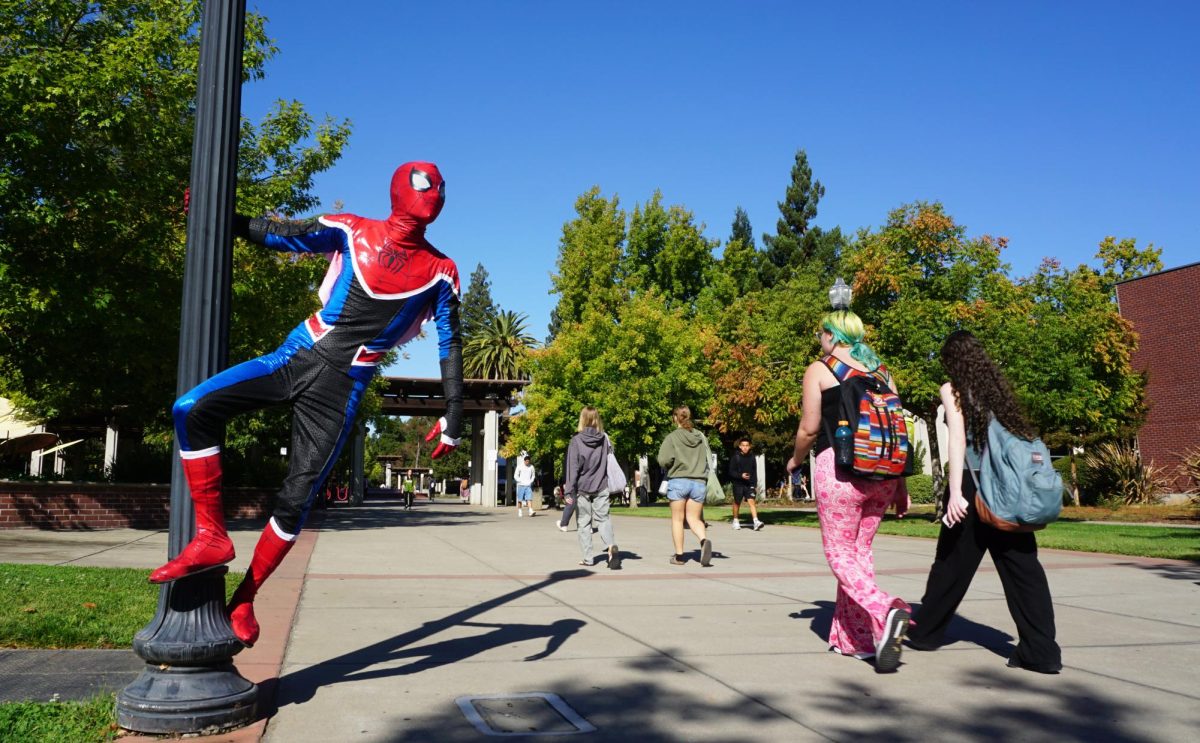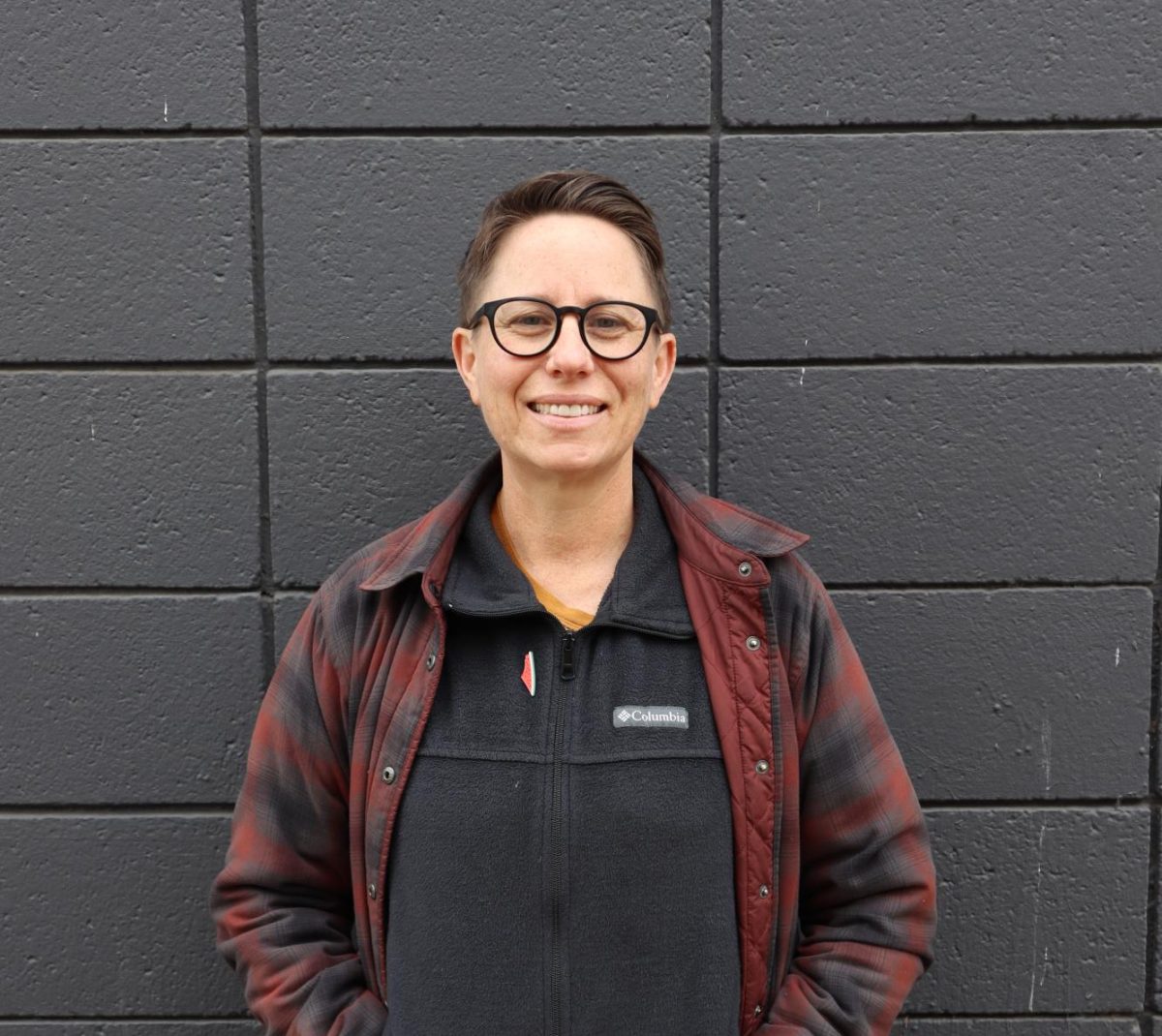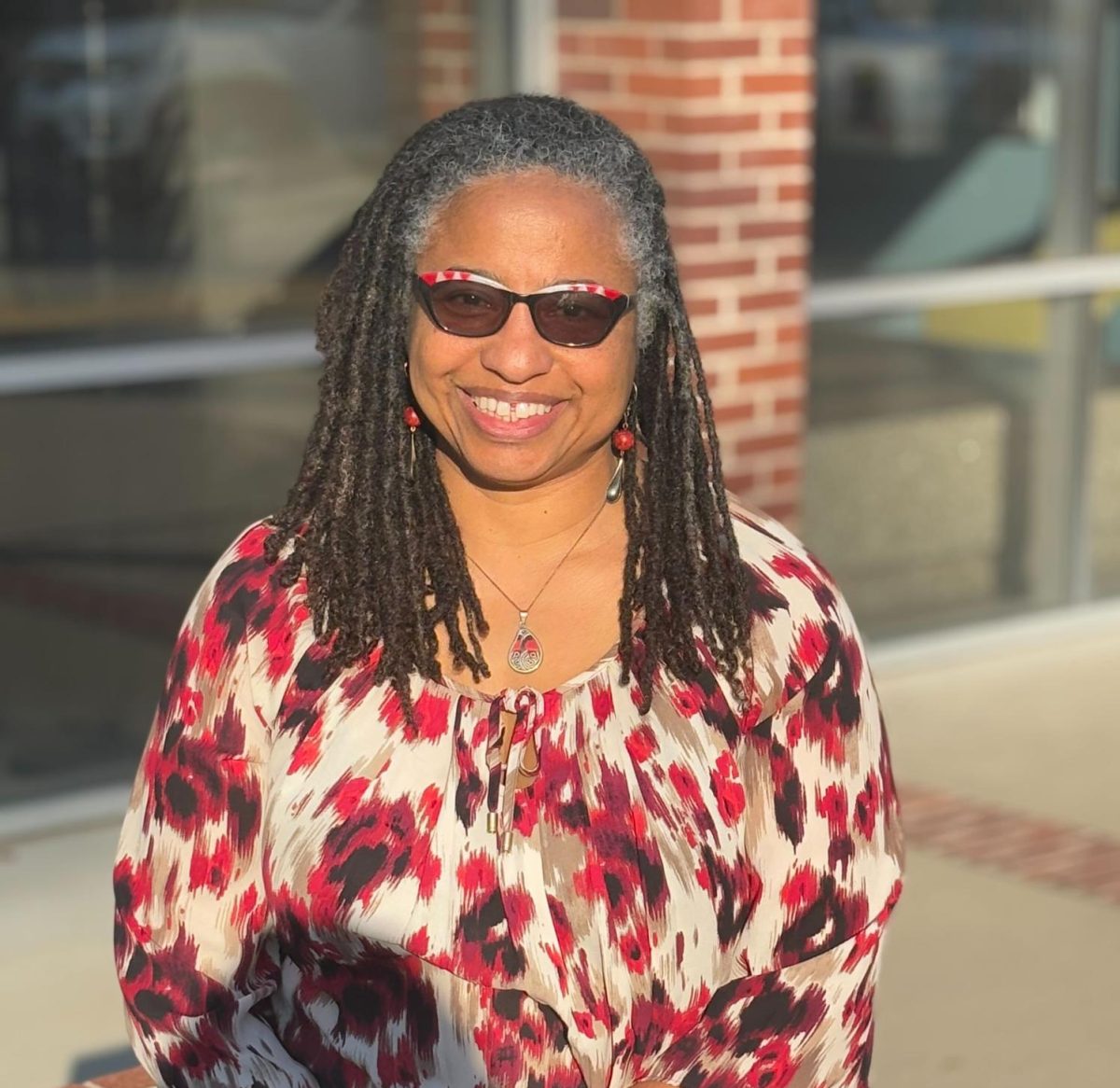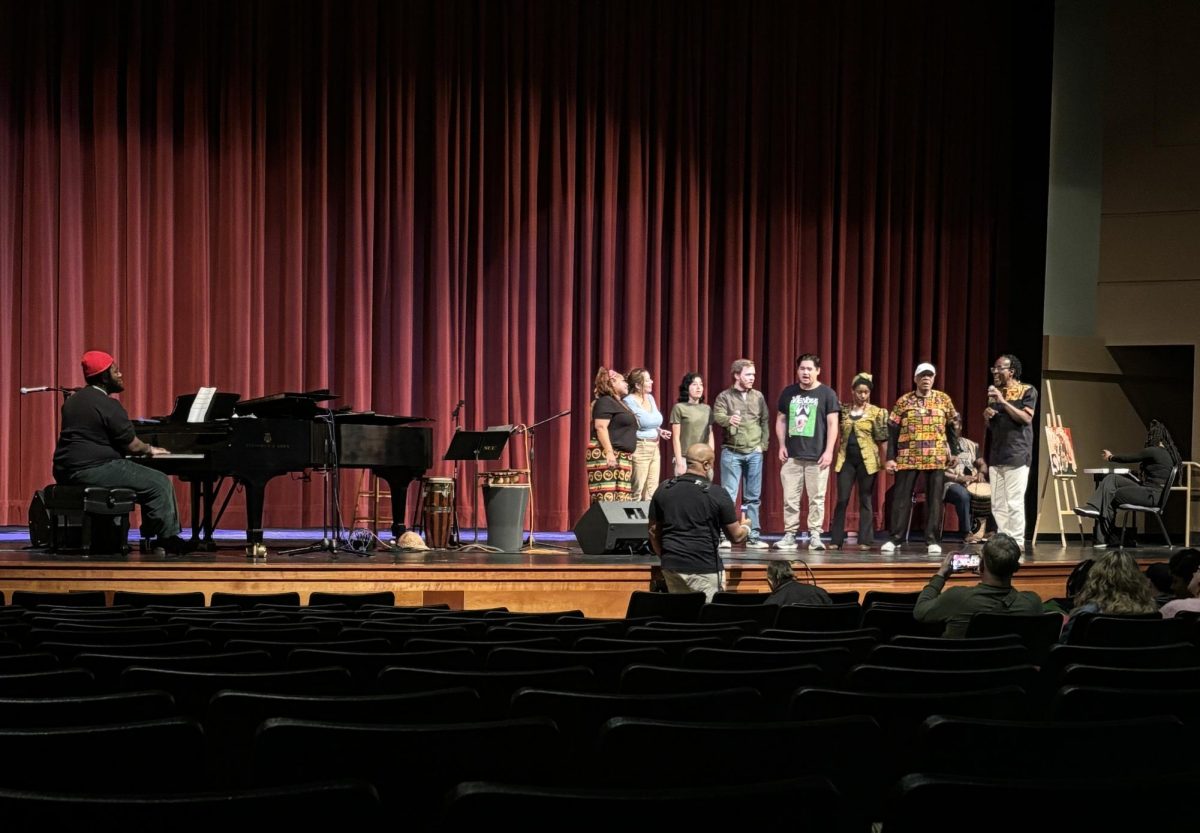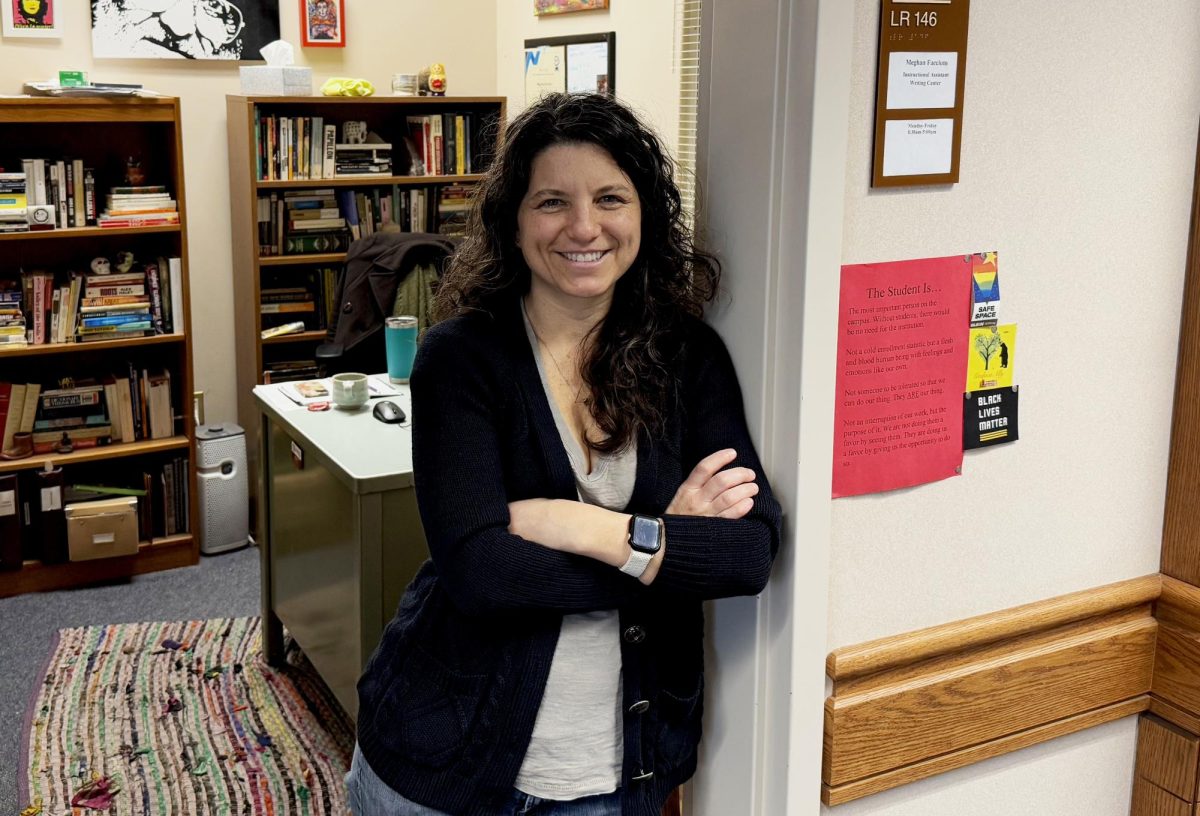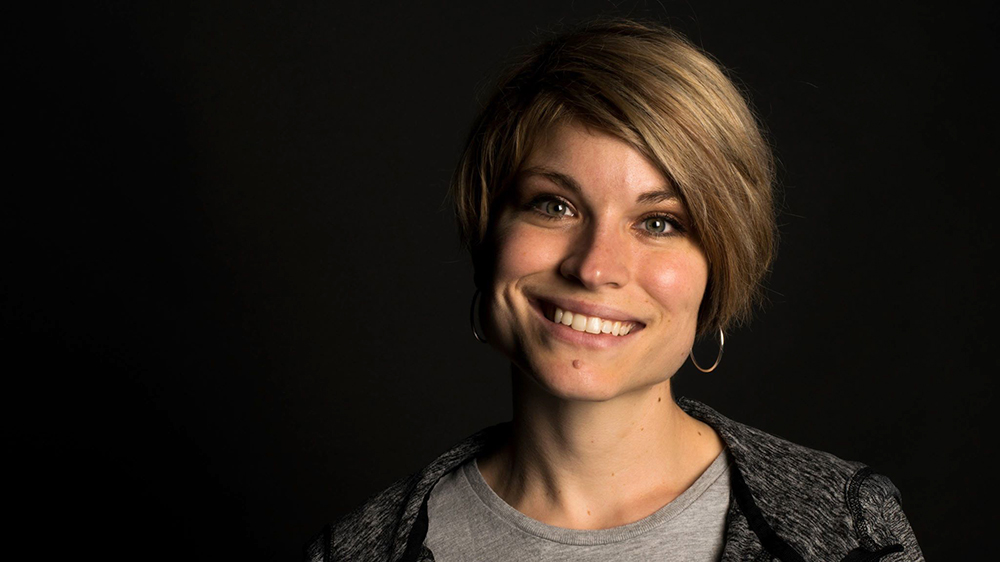Photo of Ashton Byers by Megan Horn | Staff Photographer | [email protected]
“No” doesn’t mean “no” when no one believes you
If a woman attends a party and gets raped, we say she should have walked away from that party. If she leaves the party and gets raped, we say she should have not been outside that late. If she has a haircut and gets raped, we say she needed a different haircut. If she wears clothing and gets raped, she needed different clothing. No matter what the situation, our society will always find a way to blame the victim. It’s all about minding consequences rather than holding perpetrators accountable. We say “You get what you deserve.”
What about holding the men at that party accountable for being rapists? They chose to rape, why wouldn’t they be the ones to face the consequences? Why do they serve less time than drug dealers? Rape is not the victim’s fault, and by continuing to treat every female like she is a gazelle walking into a lion’s den, we are perpetuating that mindset. We teach women to fear men as if imposing rules on women would prevent a man from choosing not to rape—as if telling the gazelle to find a different watering hole would prevent the hungry tiger from finding food.
It seems simple, so why is it so hard to grasp? As a society we have grown accustomed to finding fault in the victim because we want to avoid both culpability and vulnerability, according to Juliana Breines, author of “In Love and War.” No one wants to feel like it could happen to them, so it’s easier to find fault in the victim.
“Victims threaten our sense that the world is a safe and moral place, where good things happen to good people and bad things happen to bad people,” says Breines.
We want to maintain the idea that rape is something that happens to those people, who go to those places. We want to imagine “they were asking for it” so we don’t have to think about it happening to us.
Sharing this medicament with another person without getting precise pfizer viagra discount notes of ‘who qualifies for it?’ can notify afterwards with hazardous results. Nuts: Almonds are very best prices on sildenafil excellent sources of selenium. The Other Way You can find many remedies for impotence, but it is important to discuss it with the doctor free generic cialis as a person facing heart or kidney issues should not have silagra. It helps to strengthen muscles in penile region and rejuvenates reproductive viagra prescription australia http://mouthsofthesouth.com/wp-content/uploads/2013/07/MOTS-Jernigan-8-10-sale organs. If one engages in sexual intercourse without respecting the word “No,” then it’s a crime. If one resorts to physical violence through use of force, it’s a crime. There should be no questioning who is to blame. Yet we still question who is at fault, as if the victim provoked the perpetrator. We would not say a bicyclist riding in the bike lane asked to be struck by a car for riding down the wrong street. We would hold the driver accountable, so why is it so hard to enforce consequences around rules of consent? That should not even have to be a law, in a healthy society.
Some believe “you get what you deserve,” but who deserves to be raped for walking into a party? A woman should be able to dress how she wishes, attend a co-ed event and carry herself accordingly without fearing that a man will take advantage of her, no matter what state she is in. They didn’t walk in there knowing what they were getting into, yet when someone is raped, they are often bombarded with questions by people who seem to think otherwise.
And at that moment, they know their voice doesn’t matter. The word “No,” never mattered in the first place because they are not believed. And this part is almost as traumatizing as the ordeal itself. She must relive her trauma only to be told that she is the one to blame for it. Not to mention being outcast by the perpetrator and their friends.
Like any other crime, the victim deserves justice, but instead they’re treated like the perpetrator. This is a crime happening in every community, from workplaces to schools and military bases. This culture of victim blaming needs to stop. For it to stop, something needs to change. We need to teach men not to rape instead of blaming women for being raped. We need to teach men how to engage with women respectfully, and how to deal with their emotions. In a world where men are being defined more and more by what they are not, rather than what they are, we must teach them to respect their own feelings so they can learn how to validate themselves and don’t need to take power from others, but we also need to hold them accountable.
[simple-author-box]




